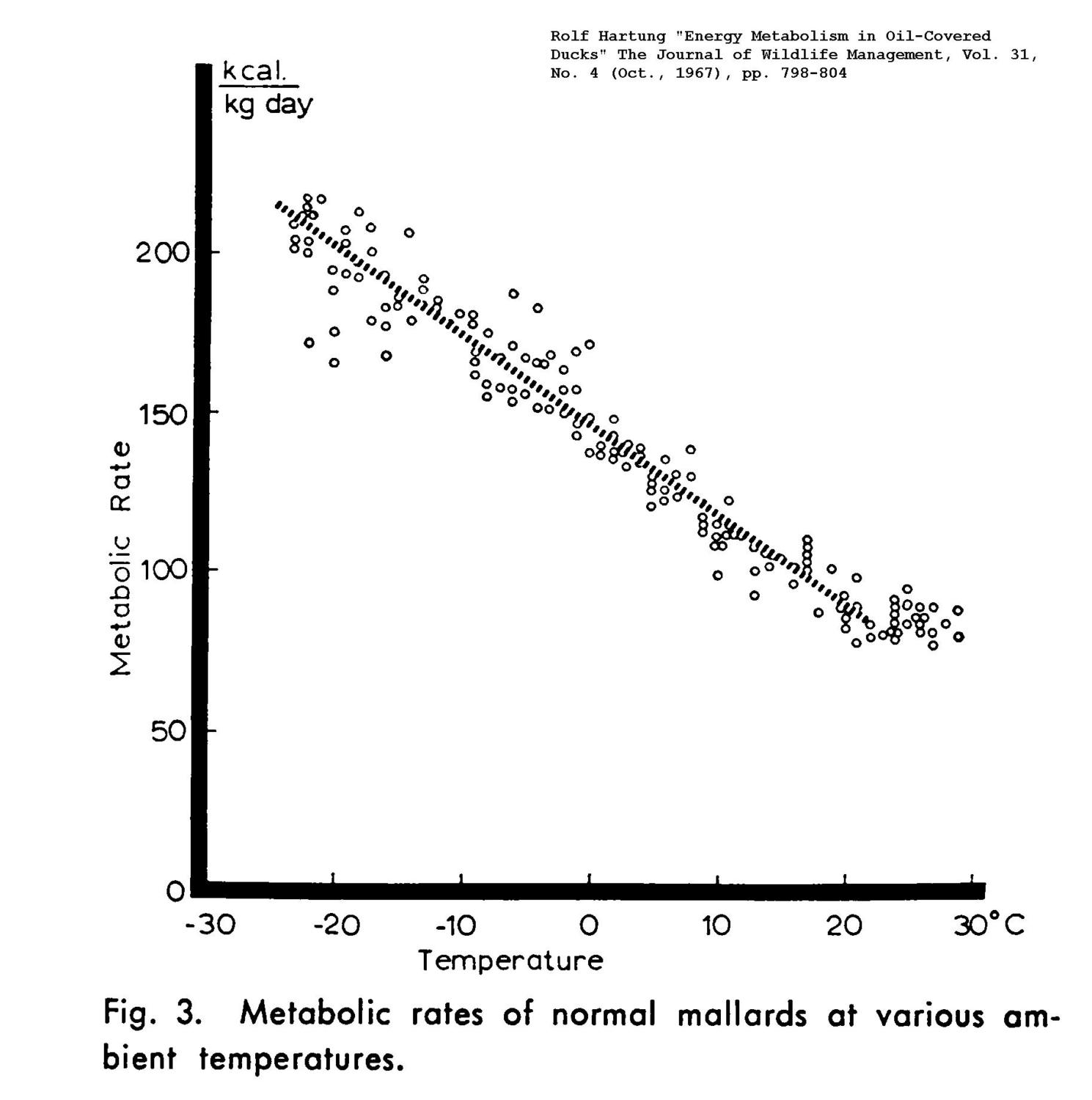- Mar 3, 2012
- 86
- 2
- 43
Are ducks cold weather hardy??
Follow along with the video below to see how to install our site as a web app on your home screen.
Note: This feature may not be available in some browsers.
Are ducks cold weather hardy??
On the whole yes, I believe it does vary somewhat by breed... i know my Muscovy do well overall only in the -30C or worse did i need to switch on my heat lamp in the barn.
I let mine have access to the barn so they have proper shelter and water that is heated.

